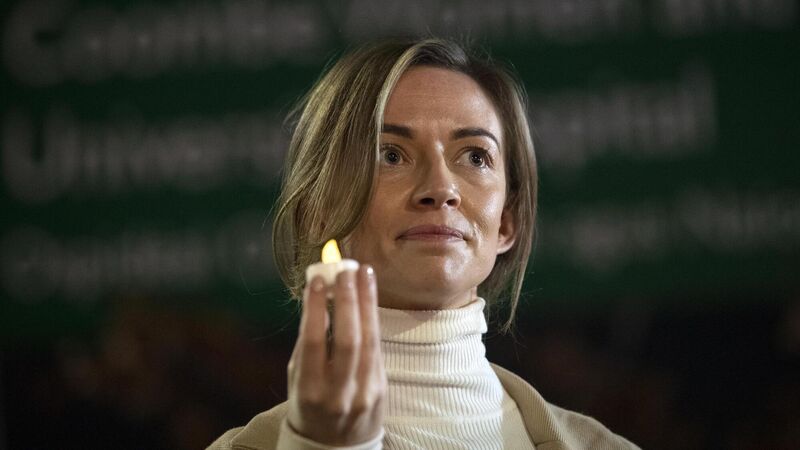Clodagh Finn: Women’s voices are still not being heard in the public domain

Holly Cairns, Cork South West TD marked tone year since the 2020 general election by observing that there are 18 TDs for Cork, but only one of them — herself — is a woman. Picture: Colin Keegan, Collins Dublin
There is a very long tradition of silencing women in public. Professor Mary Beard makes that point wonderfully when she traces the origins of telling women to shut up, as she bluntly puts it, right back to the 'Odyssey', Homer’s epic poem of antiquity.
The shushing of a woman — or, at the very least, an early example of mansplaining — is right there at the start of Western literature as the hero’s loyal wife is firmly put back in her place.















